I’m going to back to bi. And I’m positive someone wants to take away my gay card for it.
I was recently at a benefit gala and was catching up with a buddy. “So how is your dating life?” he inquired.
“Great! Been dating this guy for quite a while now.” I was nervous to say it aloud.
“A boy? But … I thought you only dated women.”
Am I allowed to go back?
I could feel his gaze through my body and felt the judgments flying. I was sure he was going to take away my gay card.
“So did I,” I said. "But he is kind and we’ve connected since day one. I’m happy.”
And I am. Thoroughly.
I started dated guys early on and wasn’t comfortable talking about my attraction to women in public until I was about 16. In college I felt free enough to have public relationships with women and talk about it.
My attraction to masculine characteristics didn’t just vanish when I finally became open enough to talk about my true attractions to women. There isn’t a switch to turn on or off about who I’m attracted to.
I have to ask myself why I’ve been so ashamed of my masculine attractions. Most of the lesbian women I’ve talked to have been attracted to men in one way or another and accept it. My biggest fear was not being a “gold-star lesbian” — oh, the coveted gold star. Screw the gold star! I’ll wear my pink and blue star instead.
I identified as bisexual for the first time when I was 13 years old. I kept a journal during that time and wrote about a friend I had. She had strawberry blond hair with the most beautiful smile I had ever seen. A mutual friend confronted me.
“Are you going lesbo for her?”
I denied it and went home and wrote about how I really felt. All I ever wanted to do was to sweep her up like Link did Zelda and share the newly saved kingdom with her. It wasn’t what seemed “normal” in the world around me.
When I started dating women I began to identify as lesbian, as it was most fitting — and best understood by community around me. Saying I was bisexual brought along too many misconceptions that I wasn’t able or willing to battle with. My sexual identity was interpreted as being less about love and more about sex.
My bisexuality doesn’t reflect how active my libido is, nor does it mean that I’m confused about my identity, though things such as birth control and human anatomy need to be considered as I embark on this road of my journey.
Robyn Ochs helped teach me more about myself that I could have ever researched on my own. At Campus Pride’s Camp Pride LGBTQ Leadership Academy 2012, Robyn was a featured speaker. It was revolutionary. Using the backing of the Kinsey scale, I learned about “breaking the binary.” There is a spectrum between heterosexual and homosexual attractions and behaviors.
I was able to be honest in a queer setting. While I was in a lesbian relationship, I still had attractions, feelings, and fantasies about masculine folks.
It was clear that I fell somewhere in the middle of the spectrum and understood the tremendous conflict I had inside. “If I’m dating a woman and identify as lesbian then I just can’t be attracted to men…right?”
In reality, I have to accept that I am growing and changing. The kinds of people I spend time with have shifted over the years, my hairstyle and my body have definitely changed, and my attractions have changed.
When I came out as lesbian I felt I checked the box in ink, and now that I am dating someone who identifies as male I find myself needing to change my answer. I’m finding myself in a self-conflict just as difficult as when I came out as nonhetero.
When I came out as lesbian I finally felt that I could be honest with myself for the first time. My first pride experience was Santa Monica Pride 2011, and I marched down the street with my friends chanting, “We’re here, we’re queer, and we’re absolutely fabulous.” It was the first time I was really saying it out loud.
So do I have to come out again? Mainly I have to come to accept myself and love myself as I am. If I don’t, no one else will. Here it is, world: I’m bi — and I’ll go ahead and keep my gay card.
REBBY KERN is the media, communications, and programs manager of Campus Pride, the national LGBT educational nonprofit creating safer college campuses. She is also cofounder and secretary of the Intercollegiate Adventist GSA Coalition, IAGC. Follow Rebby on Twitter @RebbyKern.
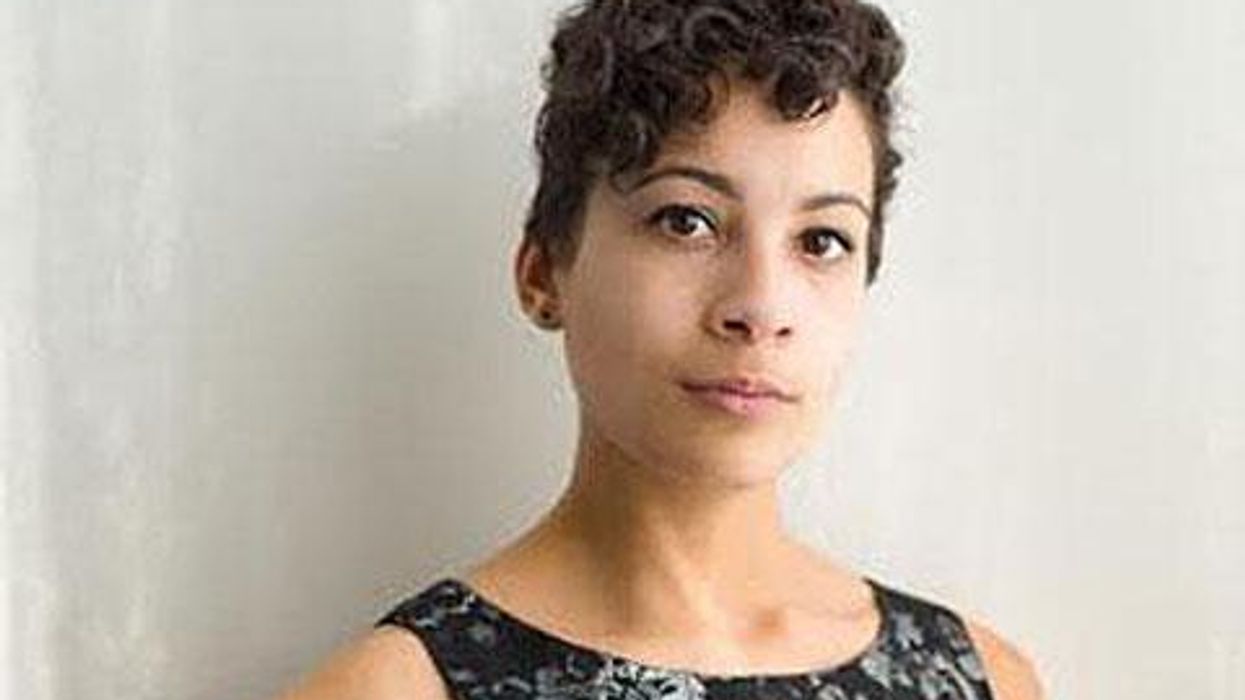





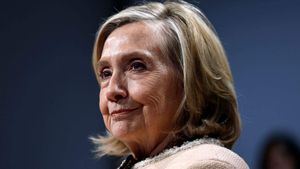


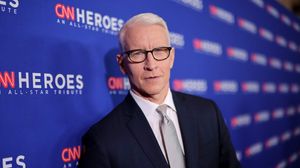

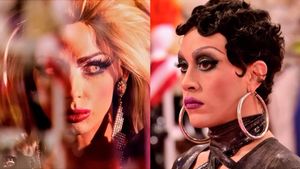


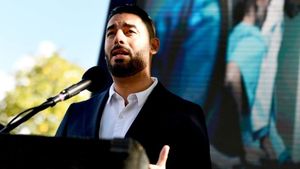
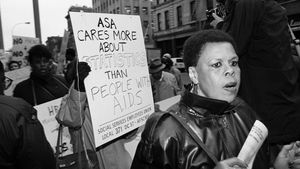

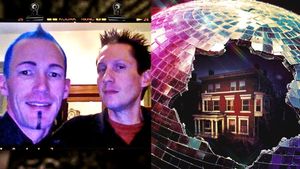
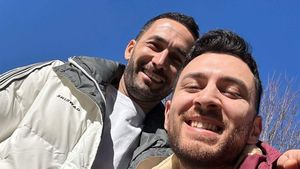
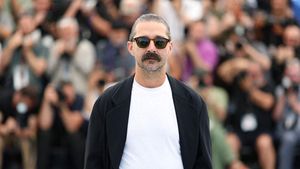





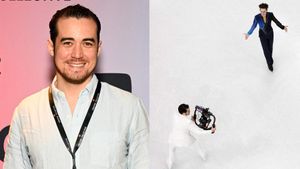




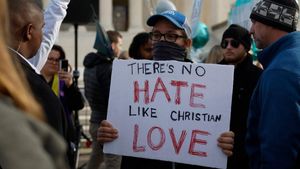
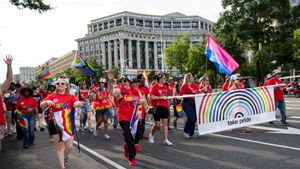



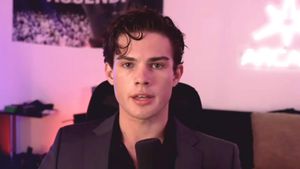
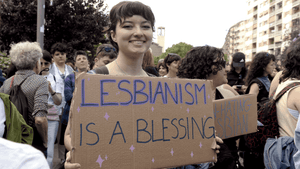


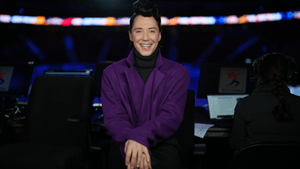



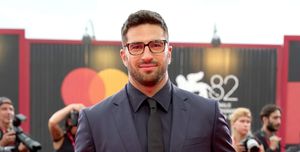
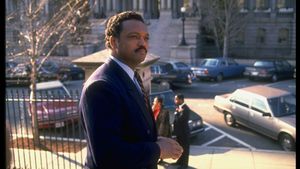


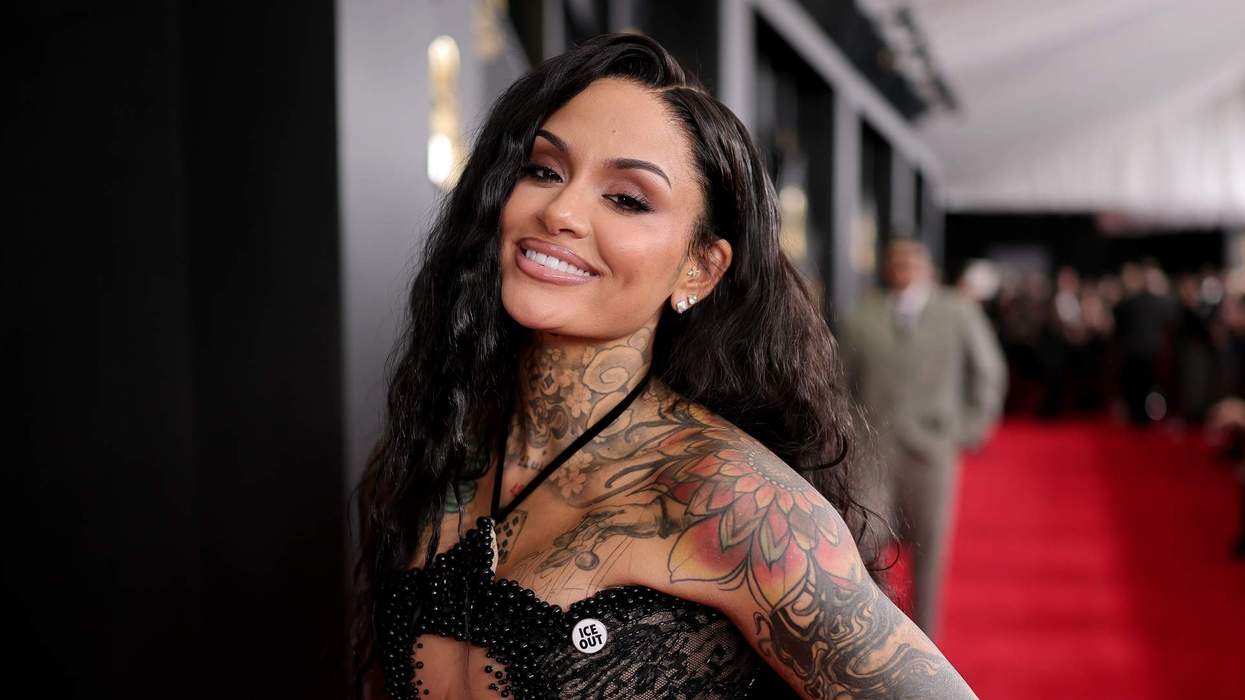
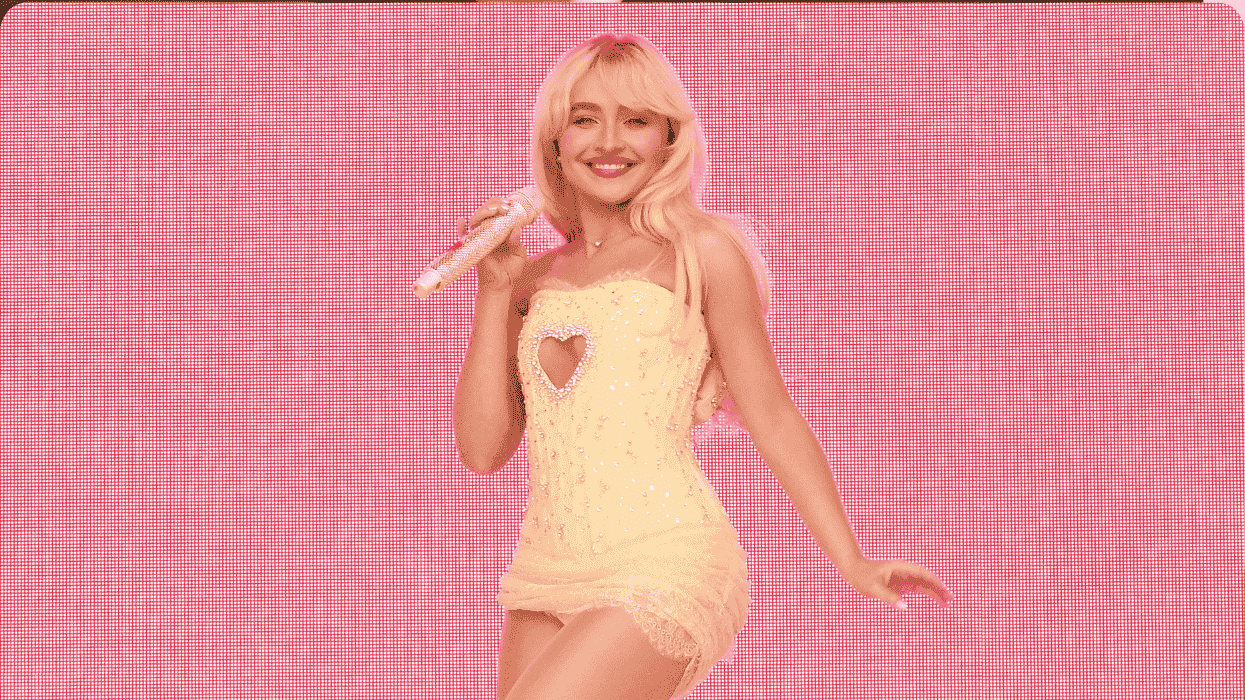
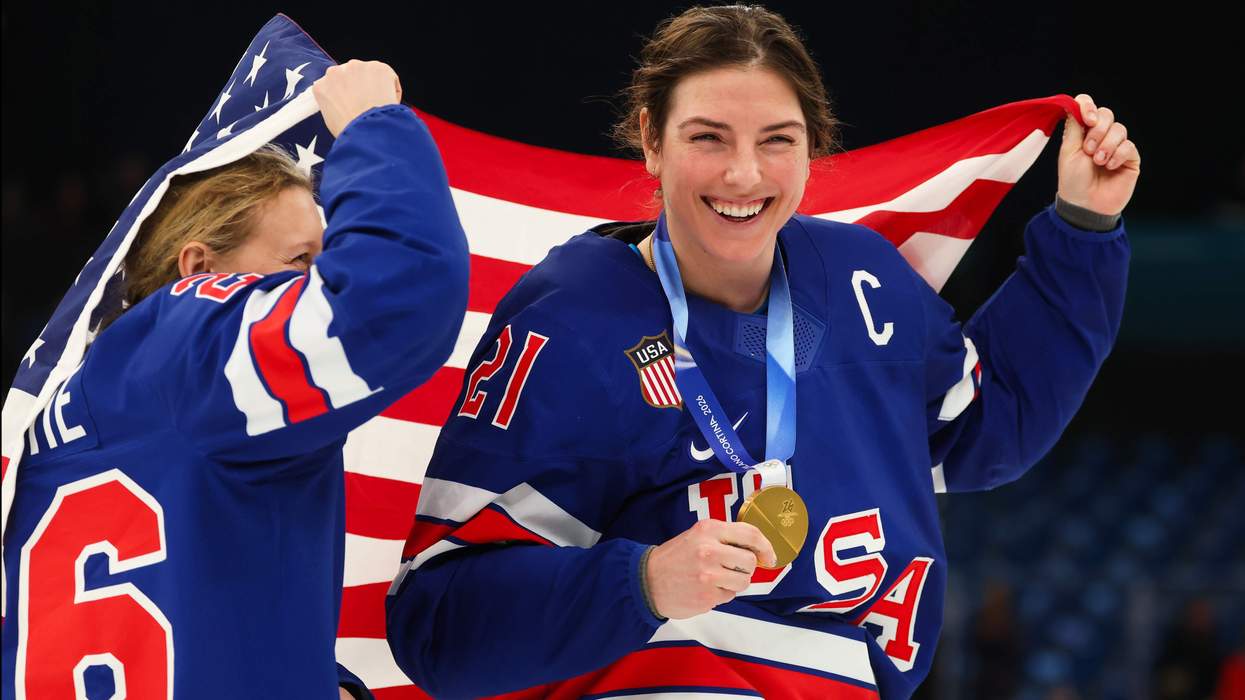


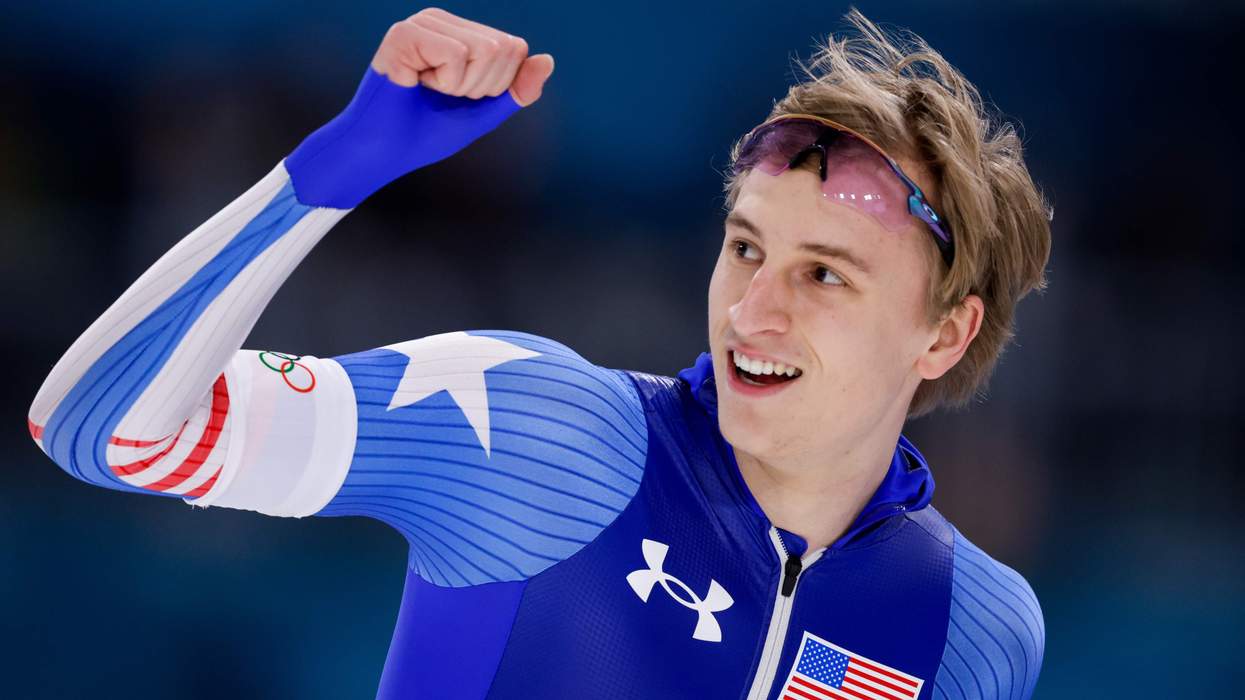
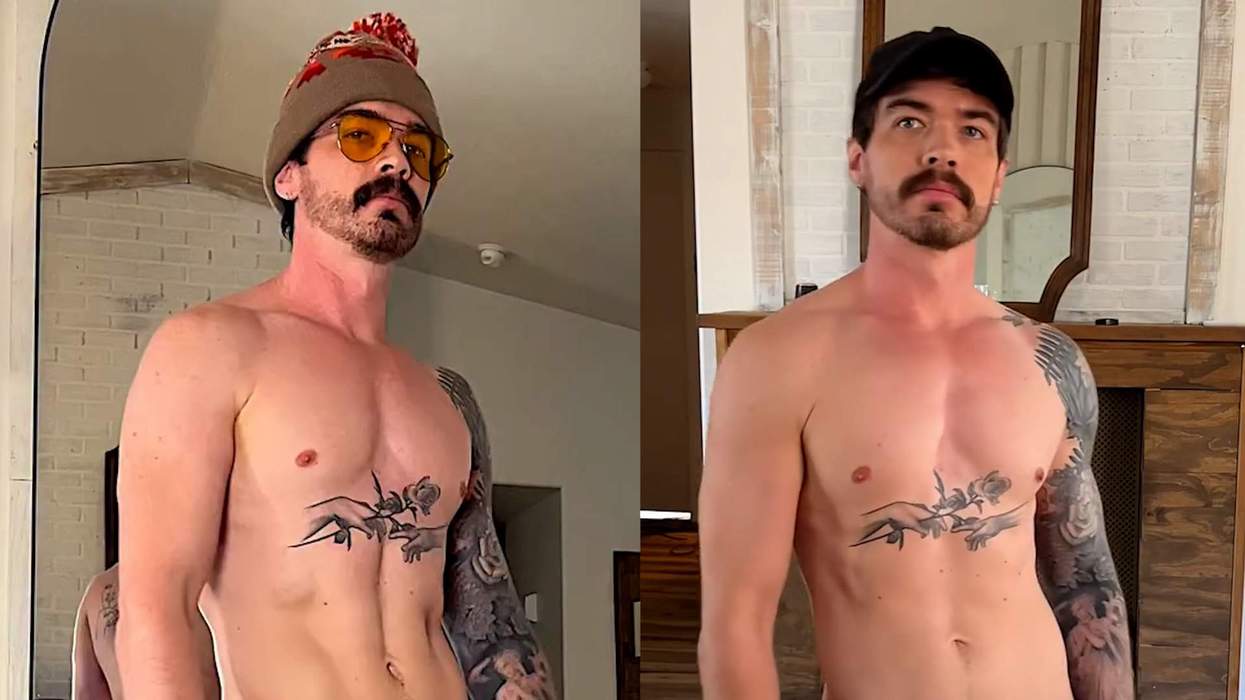
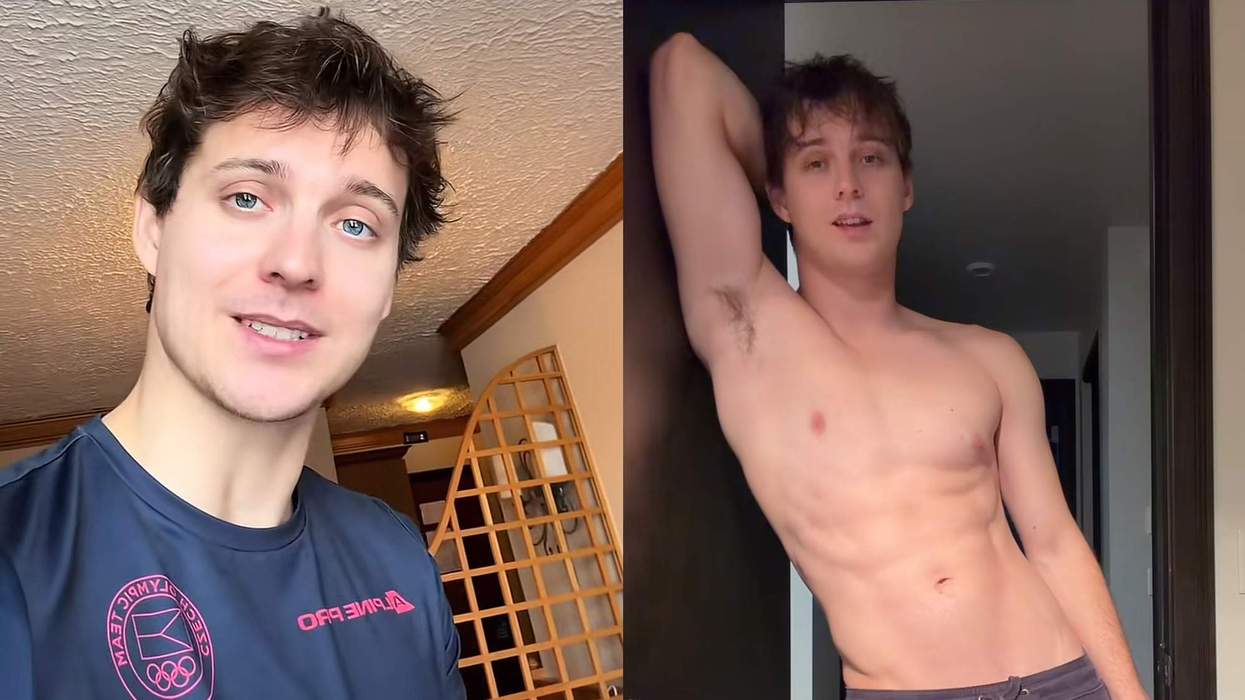
































 Cindy Ord/Getty Images
Cindy Ord/Getty Images























